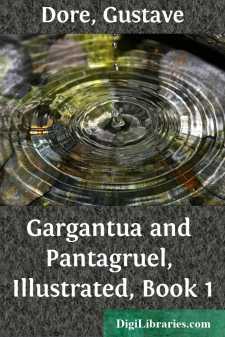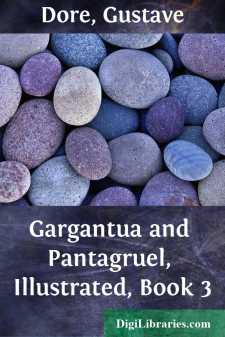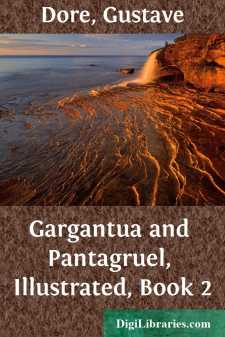Categories
- Antiques & Collectibles 13
- Architecture 36
- Art 48
- Bibles 22
- Biography & Autobiography 813
- Body, Mind & Spirit 142
- Business & Economics 28
- Children's Books 13
- Children's Fiction 10
- Computers 4
- Cooking 94
- Crafts & Hobbies 4
- Drama 346
- Education 46
- Family & Relationships 57
- Fiction 11828
- Games 19
- Gardening 17
- Health & Fitness 34
- History 1377
- House & Home 1
- Humor 147
- Juvenile Fiction 1873
- Juvenile Nonfiction 202
- Language Arts & Disciplines 88
- Law 16
- Literary Collections 686
- Literary Criticism 179
- Mathematics 13
- Medical 41
- Music 40
- Nature 179
- Non-Classifiable 1768
- Performing Arts 7
- Periodicals 1453
- Philosophy 64
- Photography 2
- Poetry 896
- Political Science 203
- Psychology 42
- Reference 154
- Religion 513
- Science 126
- Self-Help 84
- Social Science 81
- Sports & Recreation 34
- Study Aids 3
- Technology & Engineering 59
- Transportation 23
- Travel 463
- True Crime 29
Sort by:
by:
Various
THE FAR AWAY COUNTRY NORA HOPPER CHESSON Far away's the country where I desire to go, Far away's the country where the blue roses grow, Far away's the country and very far away, And who would travel thither must go 'twixt night and day. Far away's the country, and the seas are wild That you must voyage over, grown man or chrisom child, O'er leagues of land and water a...
more...
A Thin Ghost and Others THE RESIDENCE AT WHITMINSTER Dr. Ashton—Thomas Ashton, Doctor of Divinity—sat in his study, habited in a dressing-gown, and with a silk cap on his shaven head—his wig being for the time taken off and placed on its block on a side table. He was a man of some fifty-five years, strongly made, of a sanguine complexion, an angry eye, and a long upper lip. Face and eye were...
more...
by:
S. Mukerji
HIS DEAD WIFE'S PHOTOGRAPH. This story created a sensation when it was first told. It appeared in the papers and many big Physicists and Natural Philosophers were, at least so they thought, able to explain the phenomenon. I shall narrate the event and also tell the reader what explanation was given, and let him draw his own conclusions. This was what happened. A friend of mine, a clerk in the same...
more...
The Devils of Loudun Loudun is a small town in France about midway between the ancient and romantic cities of Tours and Poitiers. To-day it is an exceedingly unpretentious and an exceedingly sleepy place; but in the seventeenth century it was in vastly better estate. Then its markets, its shops, its inns, lacked not business. Its churches were thronged with worshipers. Through its narrow streets proud...
more...
by:
Gustave Dore
Chapter 1.I.—Of the Genealogy and Antiquity of Gargantua. I must refer you to the great chronicle of Pantagruel for the knowledge of that genealogy and antiquity of race by which Gargantua is come unto us. In it you may understand more at large how the giants were born in this world, and how from them by a direct line issued Gargantua, the father of Pantagruel: and do not take it ill, if for this...
more...
by:
Gustave Dore
Introduction. Had Rabelais never written his strange and marvellous romance, no one would ever have imagined the possibility of its production. It stands outside other things—a mixture of mad mirth and gravity, of folly and reason, of childishness and grandeur, of the commonplace and the out-of-the-way, of popular verve and polished humanism, of mother-wit and learning, of baseness and nobility, of...
more...
by:
Gustave Dore
Good people, most illustrious drinkers, and you, thrice precious gouty gentlemen, did you ever see Diogenes, and cynic philosopher? If you have seen him, you then had your eyes in your head, or I am very much out of my understanding and logical sense. It is a gallant thing to see the clearness of (wine, gold,) the sun. I'll be judged by the blind born so renowned in the sacred Scriptures, who,...
more...
by:
Gustave Dore
Most illustrious and thrice valorous champions, gentlemen and others, who willingly apply your minds to the entertainment of pretty conceits and honest harmless knacks of wit; you have not long ago seen, read, and understood the great and inestimable Chronicle of the huge and mighty giant Gargantua, and, like upright faithfullists, have firmly believed all to be true that is contained in them, and have...
more...
by:
Gustave Dore
Indefatigable topers, and you, thrice precious martyrs of the smock, give me leave to put a serious question to your worships while you are idly striking your codpieces, and I myself not much better employed. Pray, why is it that people say that men are not such sots nowadays as they were in the days of yore? Sot is an old word that signifies a dunce, dullard, jolthead, gull, wittol, or noddy, one...
more...
by:
W. James King
Until several decades ago, the physical sciences were considered to have had their origins in the 17th century—mechanics beginning with men like Galileo Galilei and magnetism with men like the Elizabethan physician and scientist William Gilbert. Historians of science, however, have traced many of the 17th century's concepts of mechanics back into the Middle Ages. Here, Gilbert's explanation...
more...











